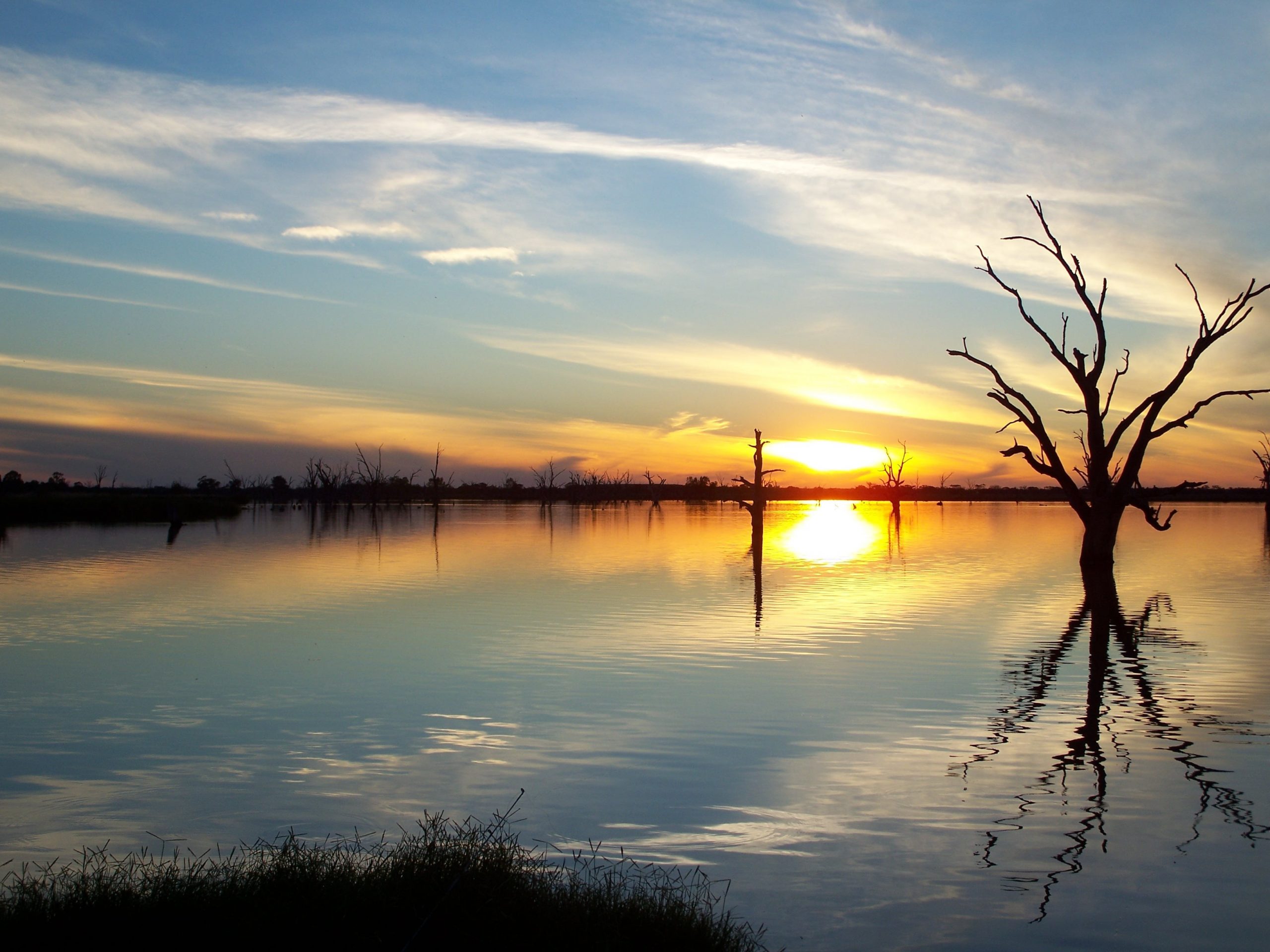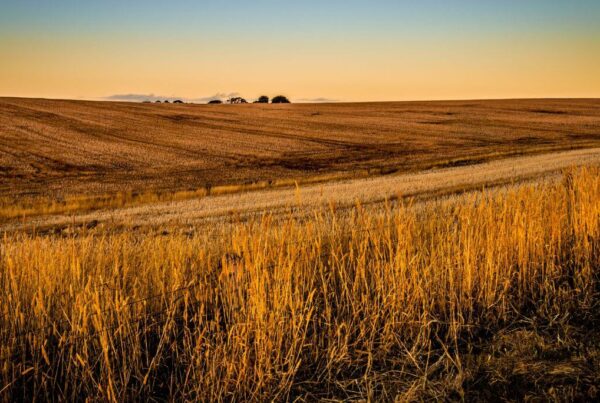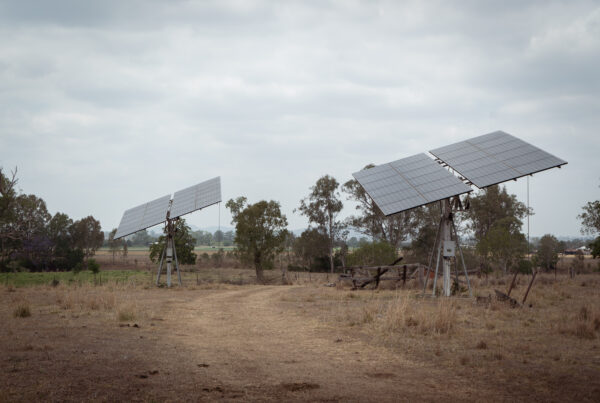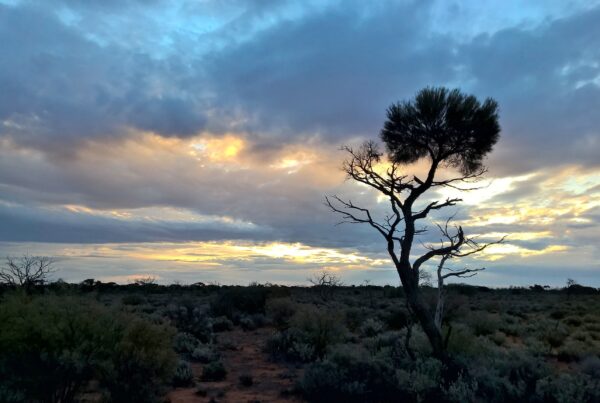27 May 2020
New forum to build Shepparton and Goulbourn Valley community resilience
A GROUNDBREAKING NEW PROGRAM aimed at building resilience and hope in rural and regional communities will bring leading experts in climate risk management and trauma recovery to Shepparton and the greater Goulburn Valley.
Farmers for Climate Action, a group of farmers and rural leaders working to ensure farmers and regional communities are a key part of the solution to climate change, are hosting a virtual Community Resilience forum for Shepparton and the greater Goulburn Valley on Tuesday, 2 June 2020.
The free forum, which is open to the entire community to attend, will look at the impacts of drought on the region and how the people can develop the strength and resources to face the challenges of climate change.
Featured speakers include clinical psychologist Rob Gordon and Peter Hayman, the principal scientist in climate applications at the South Australian Research and Development Institute, the research arm of Primary Industries and Regions SA.
Dr Hayman started his career as an irrigation agronomist in Griffith and spent 17 years based in Tamworth in north-west NSW working with irrigated and dryland farming systems. His current work focuses on climate risk in dryland grains and irrigated wine grape and horticulture
Dr Hayman said he was looking forward to discussing the projections on the future of temperatures and rainfall for the Murray Darling Basin and ways to think about an uncertain future.
He will discuss the use of multi-week and seasonal forecasts to manage year to year variability.
“All too often discussions about the impacts of climate change on the Murray Darling Basin become polarised, between those who deny that it is happening and those who want to write off the future of entire basin communities in the coming decade,” he said.
“The reality is much more nuanced.
“Climate change is happening now and it means that on average, we are experiencing warmer weather and less reliable rainfall—that is something that primary producers must factor into their planning.
“There are many examples of growers adapting to these changes.”
“But over the long term, it is also important that Australia and the rest of the world reduces emissions so that basin communities, like the rest of Australia, are not stretched beyond their capacity to adapt.”
Phil Lang is a second-generation dairy farmer who milks 2000 cows on his 1500 hectare property outside of Tatura. Phil’s parents started the farm in 1982 and he and his brother took over running it five years ago.
“In terms of weather, on our property we’ve had two average years in the past 15 years—climate change means average isn’t average anymore,” he said.
“Challenges have become more frequent and more difficult, but by embracing new ways of doing things and being flexible, we’ve still got a thriving business.”
“I’d encourage other primary producers to join the forum next Tuesday, to listen and ask questions, so they have the best possible information to use on their own farms.”
For interviews or for more information contact Lara Nicholson 0431 050 768 or Vai Shah at 0452 290 082.
Interviews available with:
Dr Peter Hayman, the principal scientist in climate applications at the South Australian Research and Development Institute
Dr Rob Gordon, clinical psychologist and expert in disaster recovery
Wendy Cohen, Farmers for Climate Action CEO
Phil Lang, Goulburn Valley farmer and Farmers for Climate Action member






